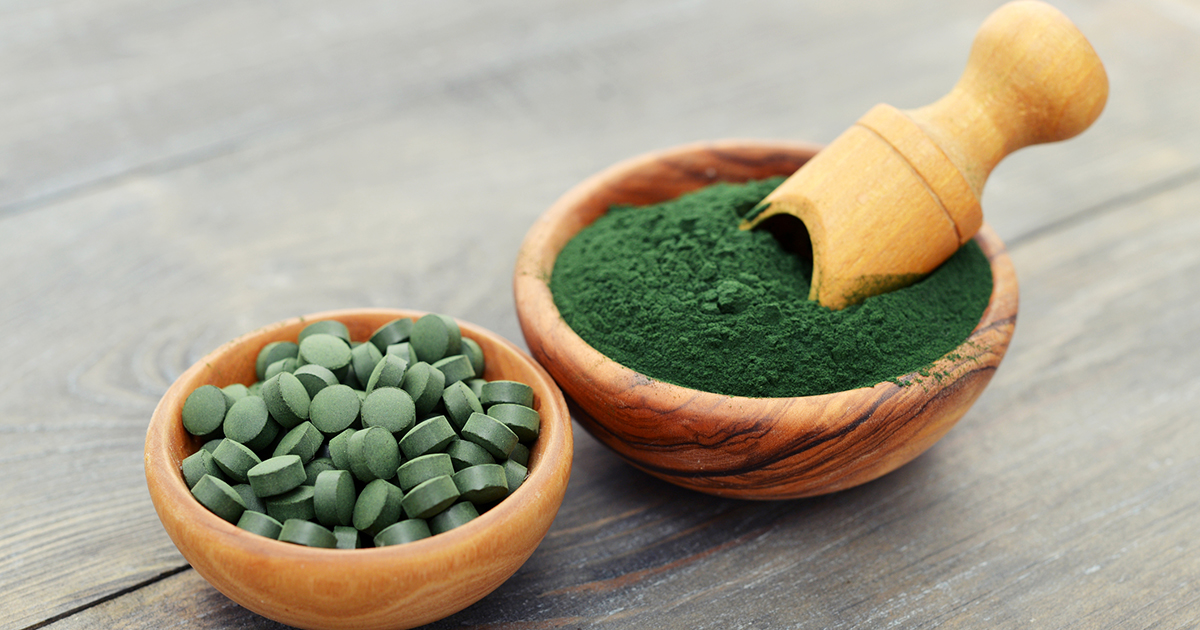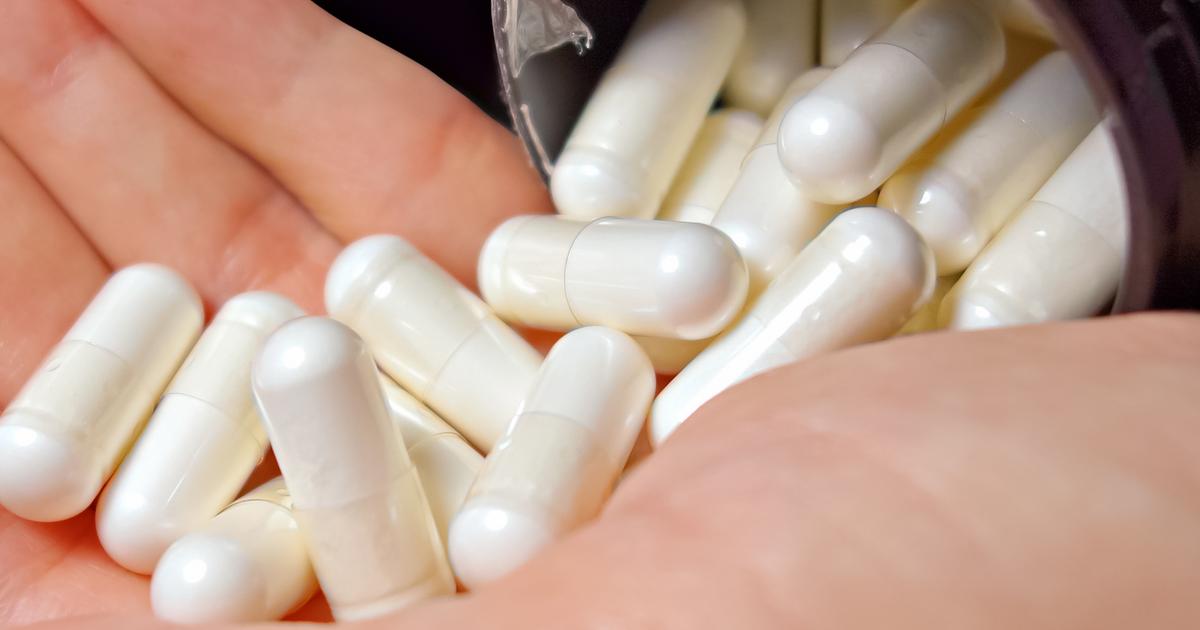Guidelines For The Fatty Liver Diet
Consume Antioxidants

Studies suggest that patients who consume antioxidants may be able to reverse some of the symptoms associated with fatty liver disease. Experts encourage patients to obtain antioxidants by adding as many different fruits and vegetables to their diets as possible. Beets and spinach contain betaine, a substance that reduces the accumulation of fat in the liver. Some doctors recommend that their patients consume broccoli, garlic, cabbage, and eggs as well. These foods are rich in sulfur, and consuming them could raise blood levels of glutathione, an anti-inflammatory substance that aids in the detoxification of the liver.
Spirulina is another good source of antioxidants and B vitamins. Studies have shown taking one teaspoon per day of spirulina could reverse fatty liver disease for many patients. Spirulina is available in health food stores and can be easily added to smoothies and juices. Avocados and walnuts are two other foods that have been shown to help improve liver health. Patients can incorporate these into their diets by adding avocado slices to a sandwich or by eating a small handful of walnuts as a snack.
Supplement Where Needed

To reverse and manage the symptoms of fatty liver disease, patients may want to supplement where needed. Doctors often suggest patients with this condition to consider supplementing their diets with probiotics. Research indicates these supplements may improve liver function and reduce inflammation. A type of probiotic known as Bifidobacterium longum is particularly effective in reducing fat in the liver, and it reduces inflammation and endotoxin levels as well. When choosing a probiotic supplement, patients are encouraged to look for one containing Bifidobacterium longum and one resistant to stomach acid to promote optimal absorption.
Patients might want to consider including a milk thistle supplement in their daily routines too. Milk thistle contains a compound called silybin, which has been shown to reduce fat accumulation in the liver, and some research suggests it could reverse damage to the liver as well. Patients should check with their physician before taking any supplements to ensure it is safe for them to do so. The physician may be able to recommend specific supplements tailored to the patient's health status.
